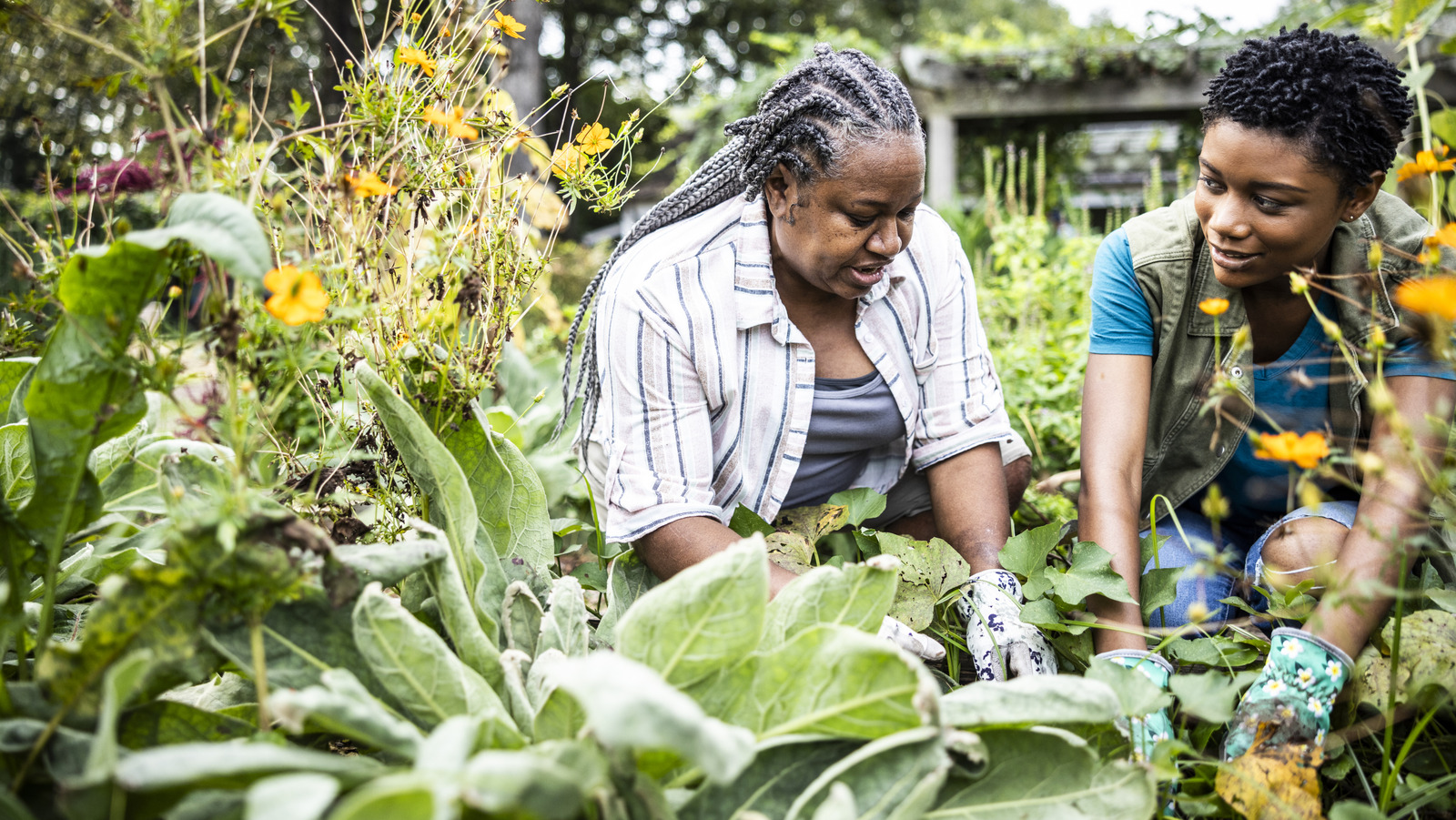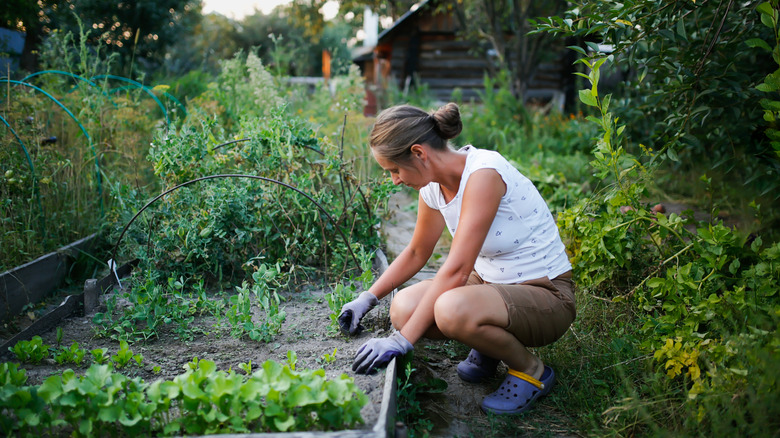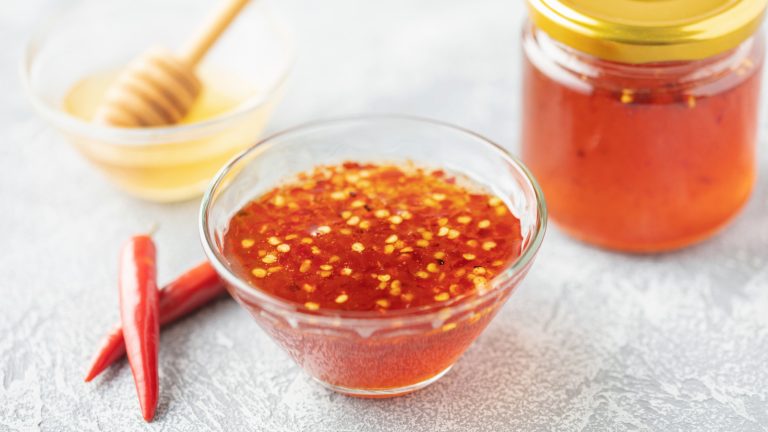Planting a garden is a smart, fun, and cost-effective way to enjoy fresh vegetables all summer long. If it’s your first time getting your hands dirty in the garden, you might feel overwhelmed and unsure of how to get started. Whether you’re growing bell peppers, watermelon, carrots, tomatoes, or squash, planning ahead is key to giving your garden what it needs to thrive.
Thinking that planting a garden is a one-day-and-done deal is the most common mistake that rookie gardeners make. While the initial planting days are important, taking proper care of your plot in the weeks (and months) that follow is essential to growing delicious, healthy produce. To understand the work you’ll need to put in as your garden grows, it can be helpful to create a garden calendar of the tasks you’ll need to complete each week throughout the season. That also means you should be adjusting your summer vacation or trips around some of these crucial periods, including planting, fertilizing, watering, weeding, and harvesting. The garden can’t take a vacation when you do, so be prepared.
Understanding growing seasons for each crop can help you create your garden calendar. If you’ve missed the window for some of the items you planned on including in your garden, don’t worry. Now you’ll be able to better plan for next year. In addition to knowing when to plant each item, you’ll also need to consider where to plant based on each vegetable’s lighting needs (full sunlight, partial shade, etc.).
Choosing crops, watering, weeding, harvesting, and more
Choosing beginner-friendly veggies — and following the best vegetable gardening tips for beginners — can be a smart first step. Lettuce, green beans, radishes, tomatoes, zucchini, and peppers tend to be especially resilient, making them a great fit for first-time gardeners. Mixing in pest-deterrent flowers (like marigolds) and plants that attract helpful bugs (like basil, which you should always plant alongside tomatoes) can also help beginning gardeners create a successful harvest.
Watering, fertilizing, and weeding schedules are important considerations, too. Your location will play a role in determining how often you should water your plants. Generally, gardens need to be watered about three times per week (rain counts). You’ll want to add fertilizer (you can make your own by repurposing tea bags for your garden alongside banana peels, coffee grounds, and egg shells) about once a month. Spend time weeding your garden once each week to ensure that your crops — not your weeds — are benefitting from the hard work you’re putting in.
When your crops start producing, check your garden daily to collect the fruits of your labor. Picking regularly tells your plants to keep producing and can help to keep pests at bay.






